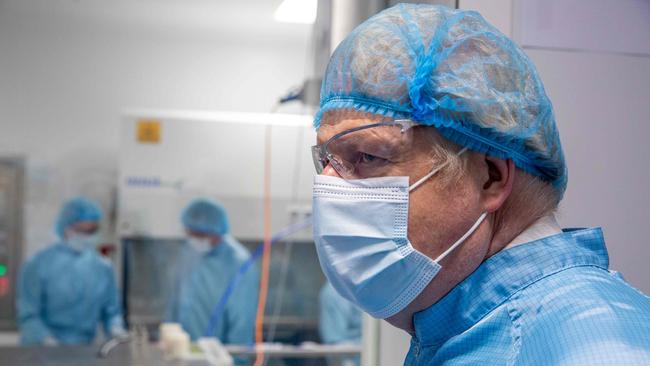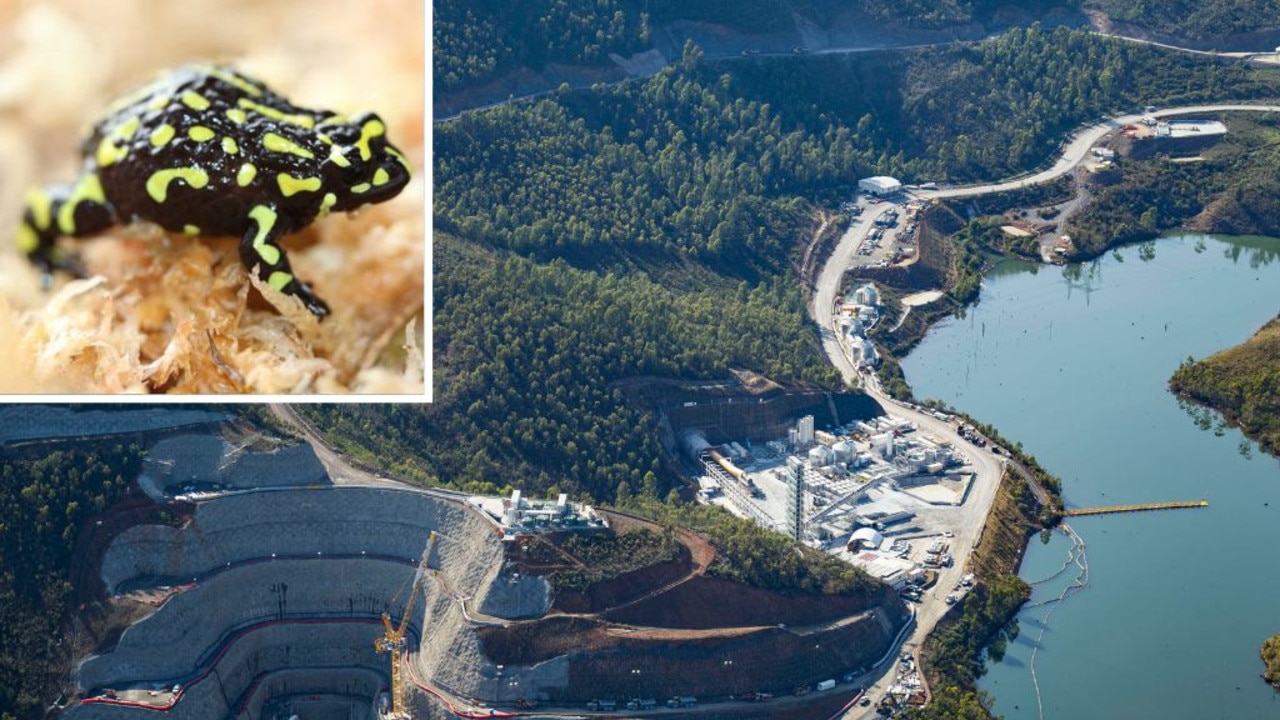AstraZeneca COVID-19 vaccine claims ‘not evidence-based’
Claims that the AstraZeneca vaccine prevents death ‘100 per cent of the time’ are not based on evidence, say experts.

Claims that the AstraZeneca COVID-19 vaccine prevents death “100 per cent of the time” are not based on evidence, according to infectious diseases physicians and statisticians who have closely examined published clinical trial data for the ChAdOx1 vaccine.
Australia’s Chief Medical Officer, Paul Kelly, has stated that the AstraZeneca viral vector vaccine is highly effective and will save lives. “In terms of preventing death, it works 100 per cent of the time,” Professor Kelly said. “In terms of preventing severe illness, it works 100 per cent of the time.”
The statements are based on the ChAdOx1 vaccine’s phase III clinical trial data published in The Lancet on December 8 last year.
While the trial showed the vaccine was safe and had overall 70 per cent efficacy against sickness from COVID-19, the sample size in the study was not large, and only 12 per cent of those assessed for efficacy were older than 55 years. The trial was not designed to test the vaccine’s efficacy in preventing severe COVID-19, and the numbers upon which conclusions have been drawn are tiny.
In the clinical trial conducted in the UK and Brazil, 12,021 patients were enrolled in the intervention arm and 11,724 in the control arm. No one in the trial who received the vaccine was hospitalised, compared with 10 people who were hospitalised with COVID-19 in the control group. Two of those people who were hospitalised had severe disease, and one died.
The statement that the AstraZeneca vaccine prevents severe illness “100 per cent of the time” is therefore based on two cases of severe illness compared with zero, and likewise the statement that the vaccine prevents death “100 per cent of the time” is based on one death compared with zero.
“I would say there was no basis for making that claim,” says University of Melbourne professor of economics and biosecurity Tom Kompas. “We need more data and a much improved experimental design.”
Australian National University economics professor Quentin Grafton, an expert in simulation and modelling who has closely examined the AstraZeneca trial results, is similarly scathing.
“Clearly the evidence for that statement does not exist in the data,” Professor Grafton said.
“If you look at the commentary, it’s quite categorical that the evidence is not there for that statement.”
Even the researchers who conducted the trial stated in The Lancet that it was impossible on the basis of the sample size to determine the vaccine’s efficacy in older people. “Vaccine efficacy in older adults could not be assessed but will be determined, if sufficient data are available, in a future analysis after more cases have accrued,” they said.
Michelle Ananda-Rajah, an infectious diseases physician and academic who is also a statistical and methods reviewer for the peer-reviewed scientific journal JAMA Network Open, said the AstraZeneca interim clinical trial results were not as robust as data from the complete trials conducted by Pfizer and Moderna.
“I do believe these vaccines will reduce deaths and hospitalisations,” Associate Professor Ananda-Rajah said.
“But none of the trials were designed to answer that specific question about preventing death and hospitalisation and severe COVID-19.
“The trials looked at whether you got sick from COVID-19. To answer question about preventing deaths and hospitalisation, you would have to perform a much, much bigger trial.”




To join the conversation, please log in. Don't have an account? Register
Join the conversation, you are commenting as Logout